Description
Timor-Leste, or East Timor, takes up the eastern half of the greater Timor island, part of the Indonesian archipelago and not far from the northern coast of Australia. It is a young republic with a long and chaotic political history, having only achieved full independence in 2002, after almost 500 years of consecutive occupations by the Portuguese, the Dutch, and Indonesia.
Timor-Leste’s coffee is small in overall scale but highly significant to the Timorese, 25% of whom rely on coffee production for their livelihood. The island’s inland forests also happen to be historically significant, being the origin of coffee’s most adaptive genetic cross—the Timor Hybrid—a natural breeding of local robusta and typica trees that was identified in the 1920s, and whose vigorous genetics can be found in countless timor-based cultivars in almost every producing country today. The island’s isolation has also allowed for a unique preservation of endemic typica variety coffees, whose purity and diversity resembles that of nearby Papua New Guinea, and expresses similarly in the cup.
Tasting Notes: A nice and clean taste, good from light to dark. Mostly these beans will appeal to medium-dark roast fans but being an exceptionally clean cup, it has some lovely balance and is quite tasty at lighter roasts. Similar to its Indonesian cousins (except washed processed), it gets real hefty into the dark roasts promoting smoky and chocolaty tones with stronger spice notes. Lighter roasting it is more delicate and floral, slightly fruity with some detectable lemony crispness, sweet edged, medium bodied with hints of a chocolaty factor.
Roasting Notes: After drinking this cup at a multitude of roasts and curves, we though it worked best at a strong medium roast. Everyone like it lighter but building a smoother and richer dark tone by pushing the roast made it a wonderful daily drinker. A quicker ramp up (roast higher temps for less time) left the cup a bit crisper and more interesting. If shooting for lighter roasting, would flip the curve and drag it out a bit to develop some darker tones at the light to medium roast levels. Easy to roast, great screen of coffee.
The greater Timor island is sun-baked and humid along its coast, but the interior quickly rises to lush and rugged highlands, with sharp ridges and vibrant grass-covered slopes. The Ermera municipality is one of the island’s highest in elevation and includes its highest peak, Tatamailau. The villages in the mountain’s vicinity are where Café Brisa Serena (CBS), a social enterprise and exporter, has spent the last 10 years developing smallholder coffee value chains.
This coffee is produced by 10 select farmers from the Ducurai village, whose group is called “Lebudu Kraik”, which translates to “lower wetlands” and comes from their particular location on the mountainside. The Ducurai village is just north of Tatamailau’s peak and Lebudu Kraik is one group in a small portfolio we import each year from CBS, who began by training remote smallholders in farm management and processing, and who is now a highly capable exporter with some of the best smallholder traceability in the world. Each year we receive a spreadsheet with farmer names and farm data, as well as parchment prices paid. This harvest Lebudu Kraik group farmers received $3.25 per kilogram of dried parchment, which after final dry milling is roughly equivalent to $2.11 per pound of exportable green coffee.
Coffee in Letefoho is not young. Trees are tended to for decades, and due to the lofty, vine-like typica varieties throughout, coffee is often harvested by leaning long wooden ramps against the trunk so that pickers can access the sprawling canopy. Farms range between 0.5 and 1.5 hectares only and tend to be well-shaded by evergreen she-oaks, a natural mulcher and nitrogen fixer. During harvest coffee is picked painstakingly by hand and processed at home on personal or shared pulping equipment, which is often hand-made using wood and textured metal discs.
After fermenting in small personal containers, the coffee is dried on raised beds and constantly sorted for quality. Many of the current harvesting and processing standards come directly from CBS, who has helped establish specialty protocols and invested in improvements to processing equipment. The addition of drying structures, for example, has greatly improved farmers’ ability to consistently meet quality standards for moisture content and water activity. In addition to coffee, Ducurai farmers also manage personal crops of taro and cassava, as well as pigs, goats, fowl, and cows, and many also have personal compost programs in addition to being organic certified.
Café Brisa Serena works with over 400 farmers in the Letefoho area. The organization was formed in close collaboration with Peace Winds Japan, a Japanese NGO that had been working in Timor-Leste’s coffee lands during the first decade after independence, when violence and crumbled infrastructure had disenfranchised many remote coffee communities. CBS continued the development work of Peace Winds, and in 2015 began a formalized specialty export chain. CBS also runs a café in Dili, the nation’s capital, where it promotes Letefoho’s specialty coffee to locals.
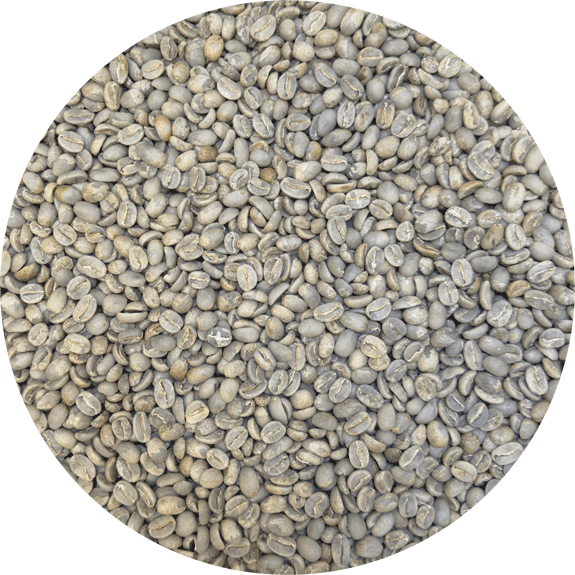
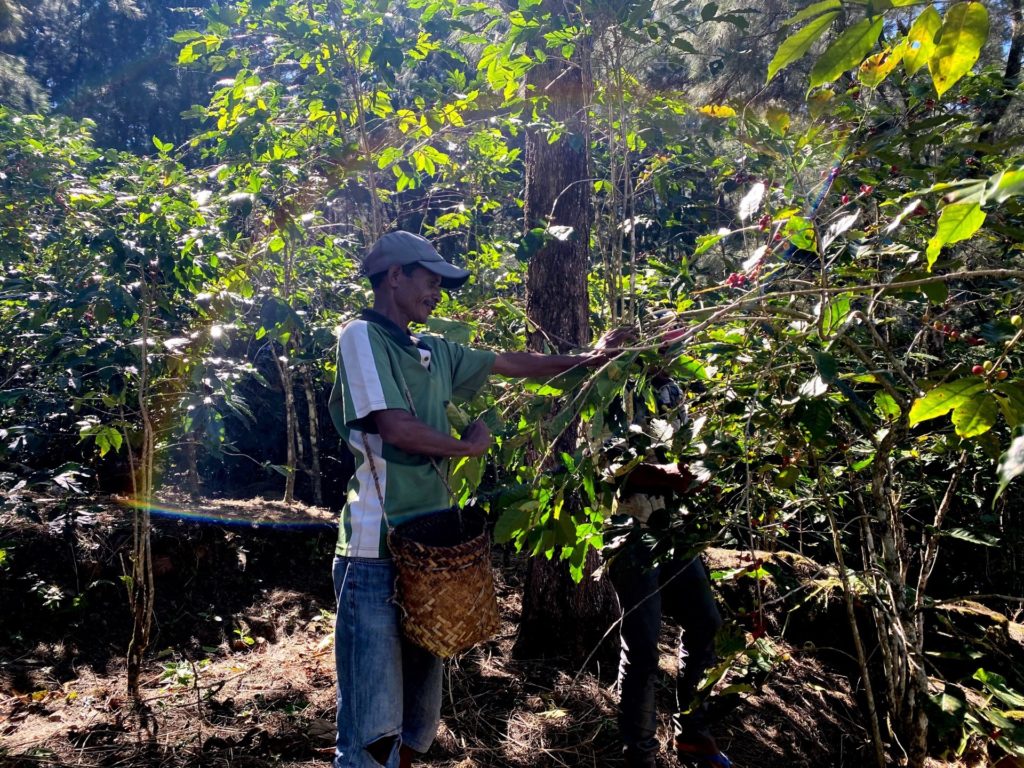
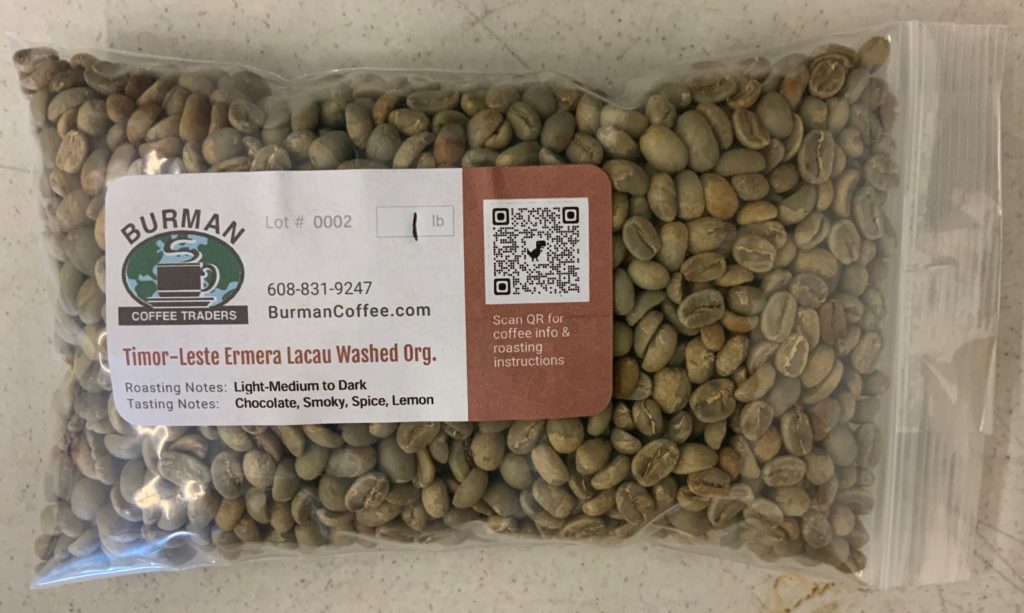
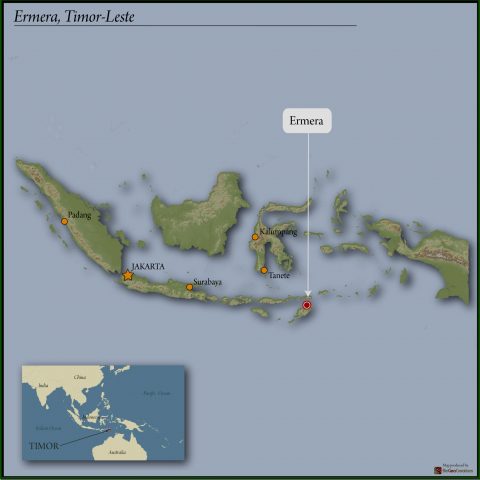
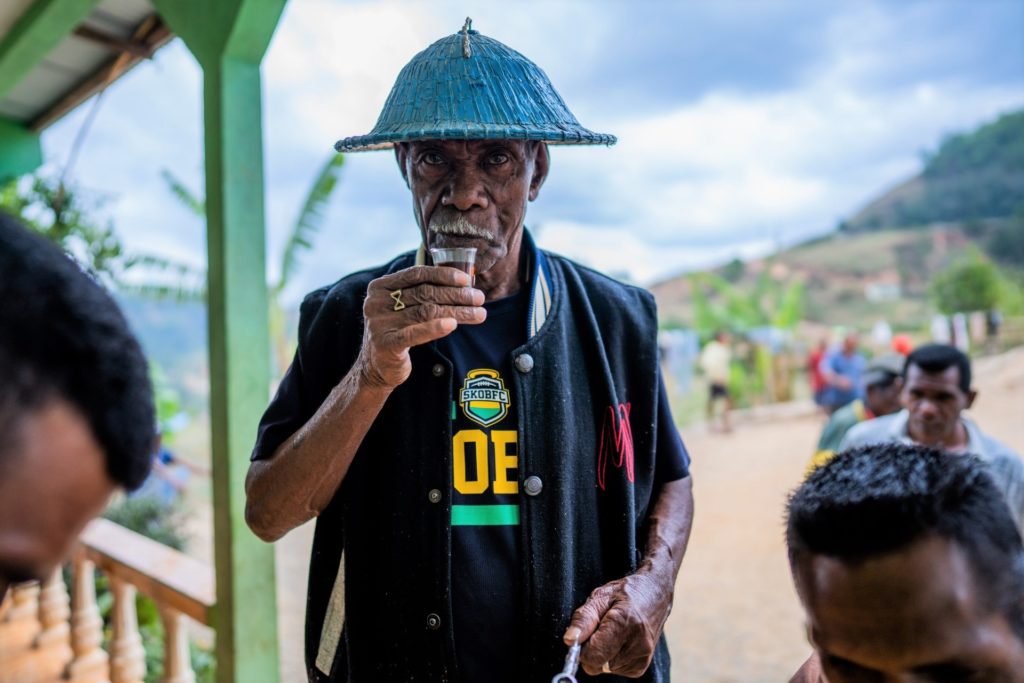
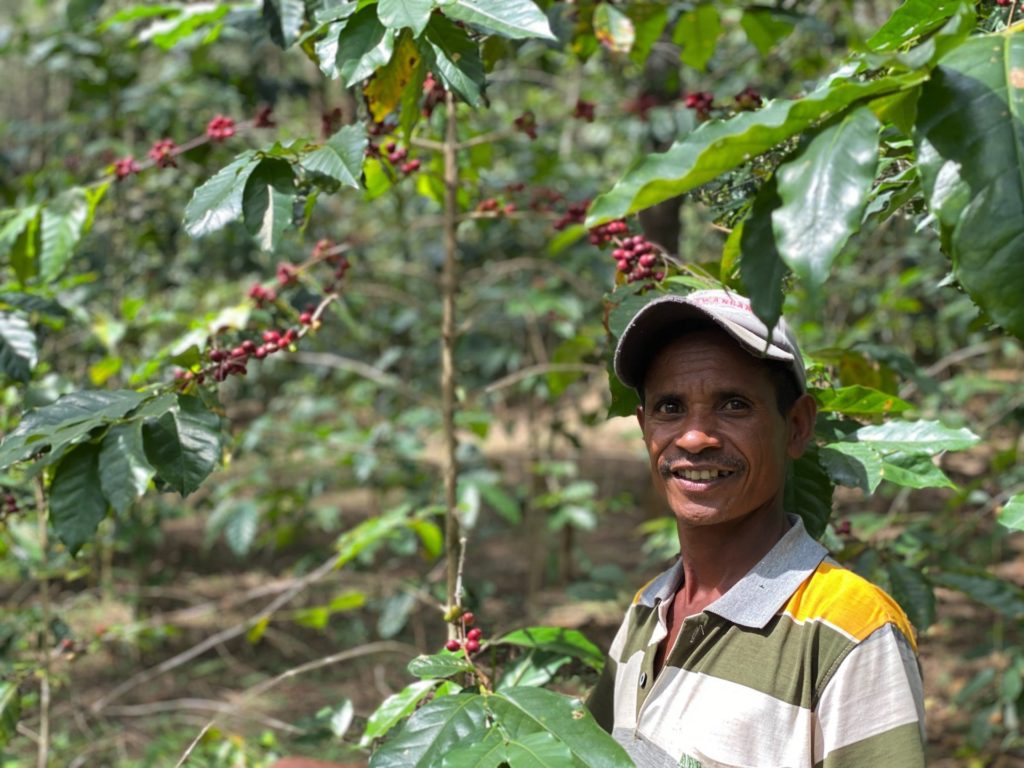
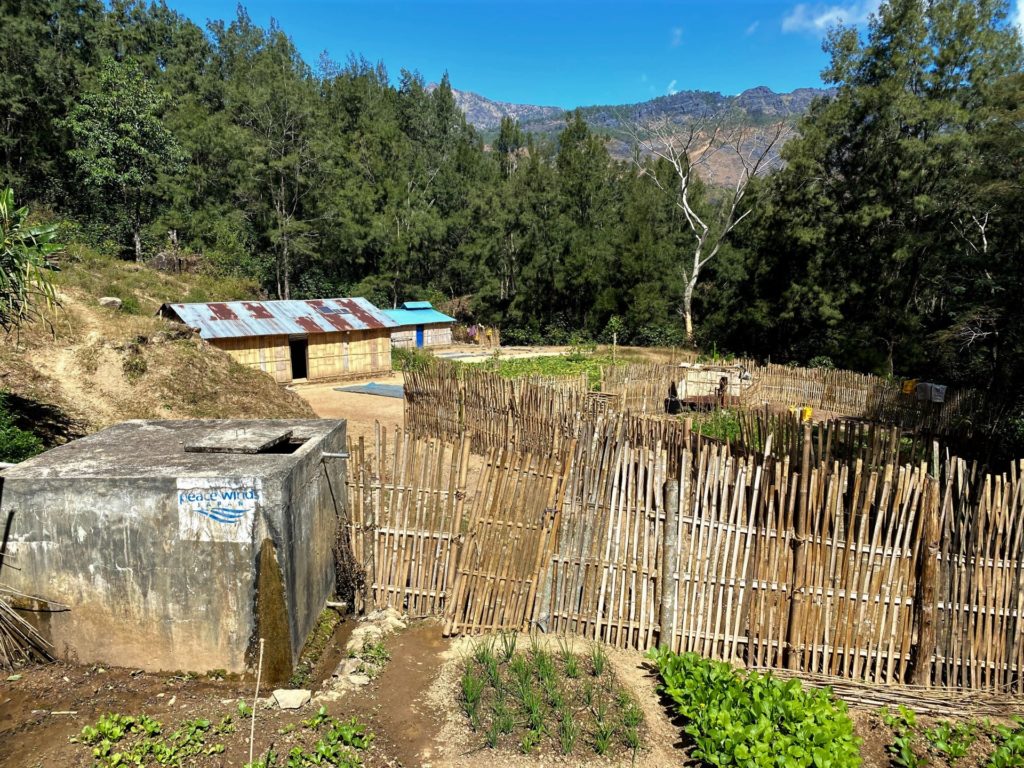
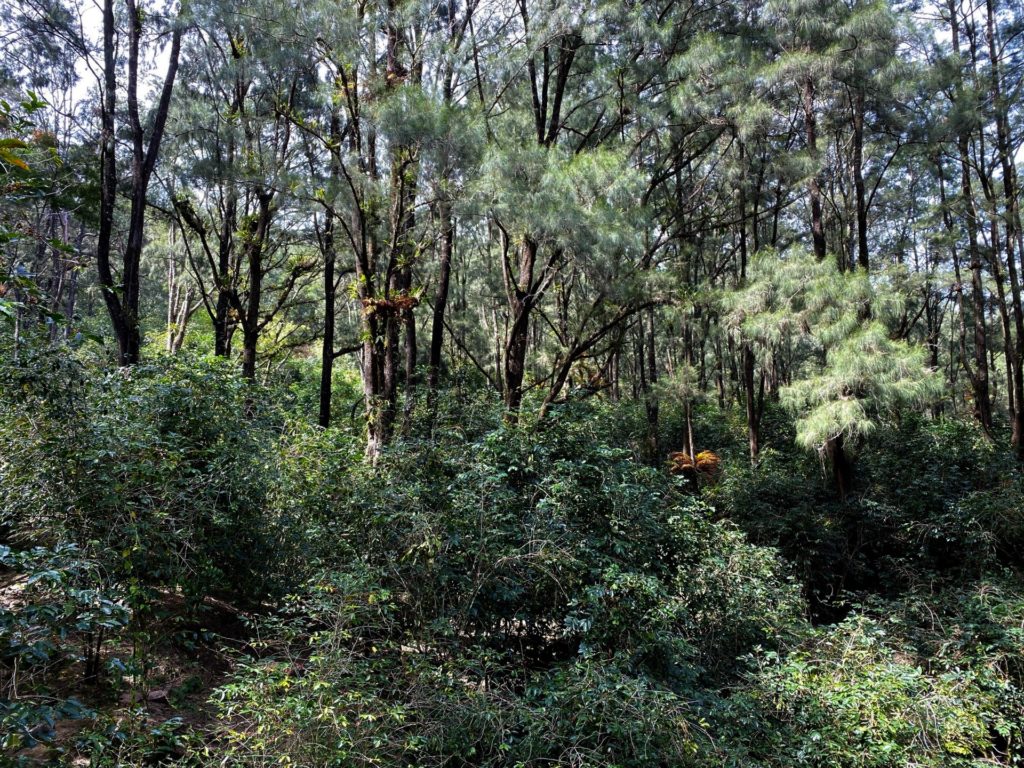
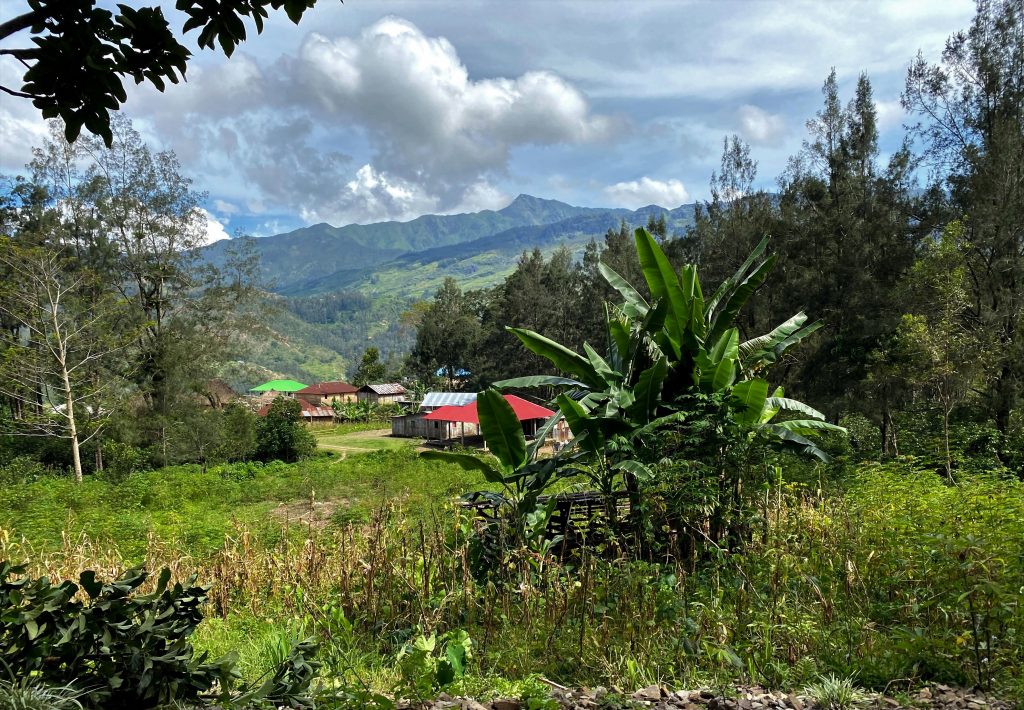
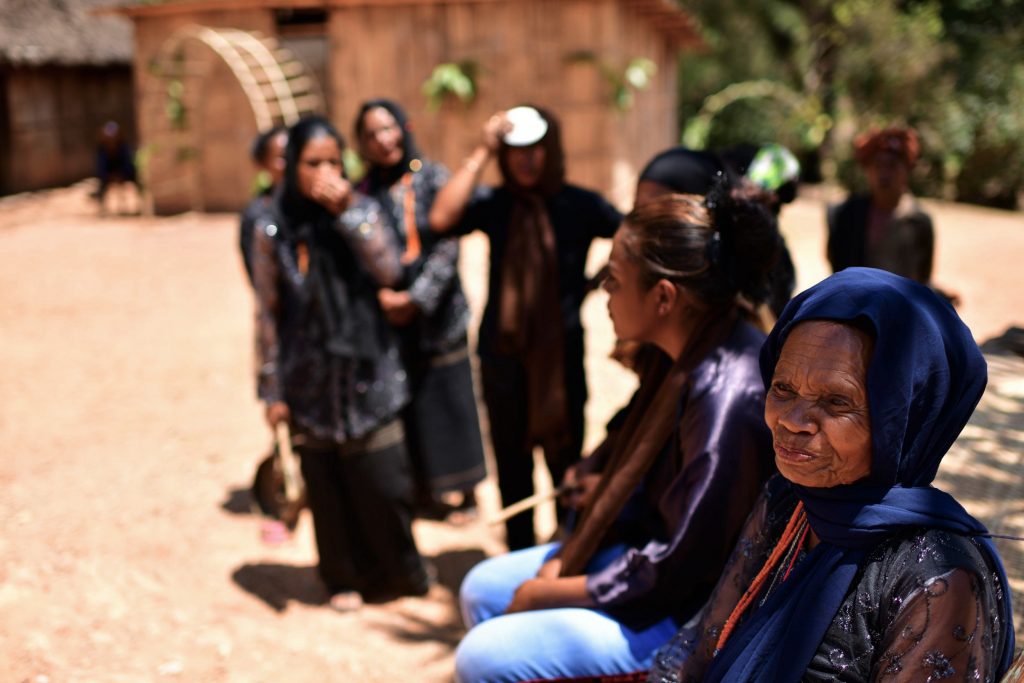
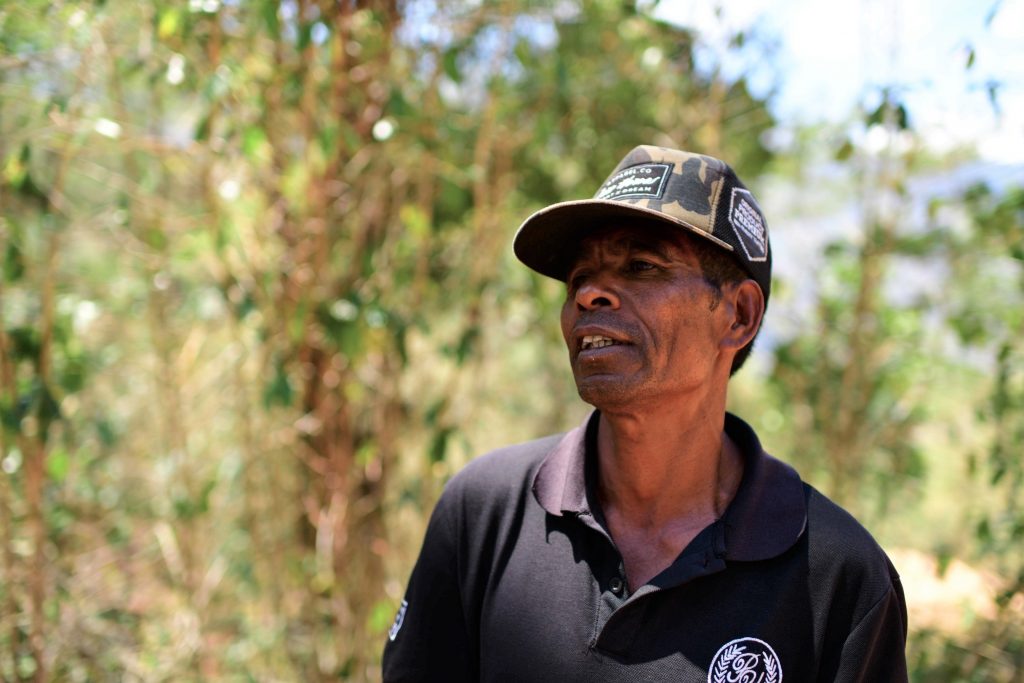
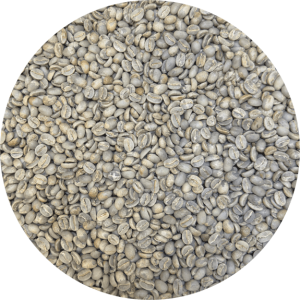
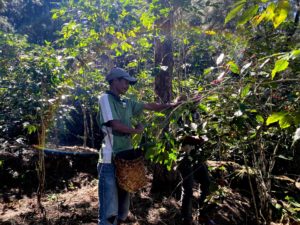
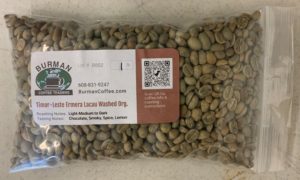
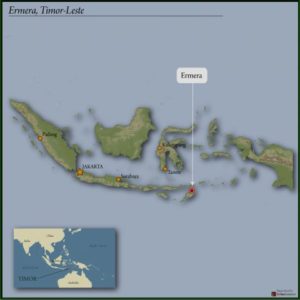
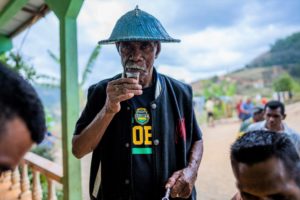
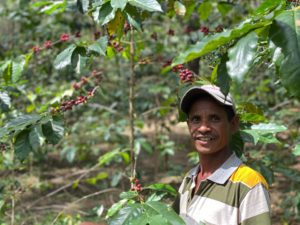
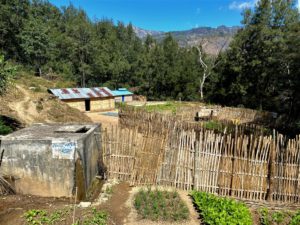
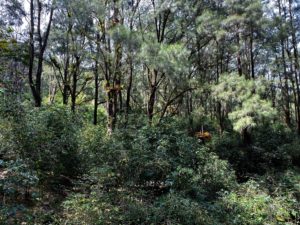
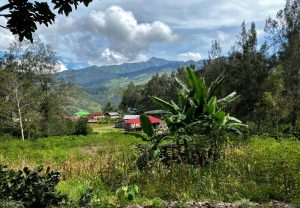
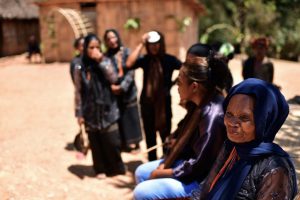
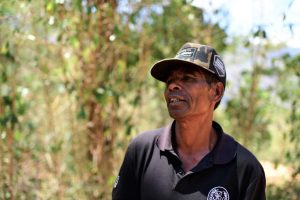
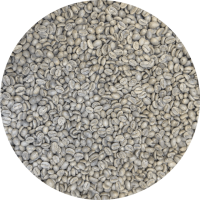
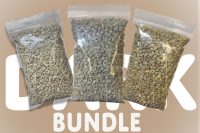
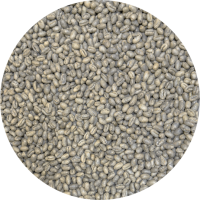
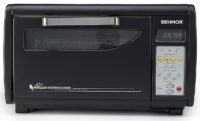

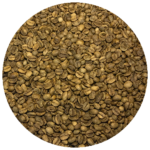

Richard Safranski (verified owner) –
This is my favorite coffee to roast. Full City roast is a sweet spot for this coffee. Family and customers tend to order this coffee long before they run out of roasted coffee.
Steve (verified owner) –
Great coffee beans! My personal opinion these beans shine at the medium dark roast level, just before 2nd crack. Smooth cup. My customers are enjoying it as well!